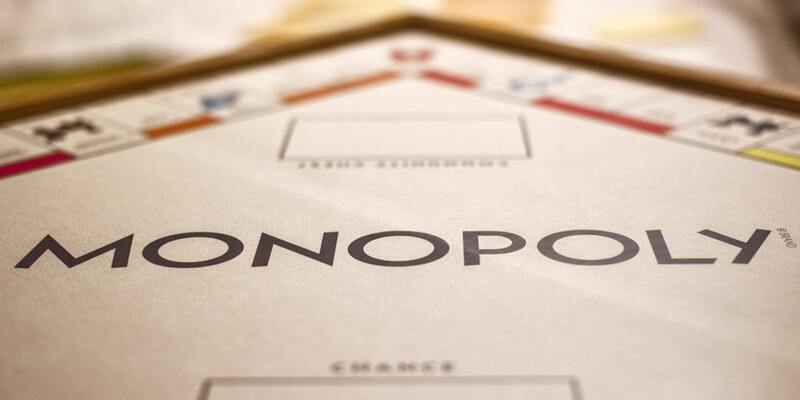The History of Monopoly: A Timeless Game for All Ages

Monopoly is one of the most iconic board games in the world, bringing joy and competition to families and friends for generations. As senior citizens, you may have fond memories of playing Monopoly with your children or even as children yourselves. Understanding the rich history of this beloved game can enhance your appreciation and perhaps rekindle your interest in playing it. Here’s a look back at how Monopoly came to be.
The Early Origins
Monopoly’s history dates back to the early 20th century, although its direct precursor was a game called “The Landlord’s Game,” patented by Elizabeth Magie in 1904. Magie designed the game to illustrate the negative aspects of concentrating land in private monopolies. It featured a square board, properties for sale, and a rental system, much like the Monopoly we know today.
Charles Darrow and the Rise of Monopoly
In the 1930s, during the Great Depression, a man named Charles Darrow came across a version of The Landlord’s Game and saw its potential for commercial success. He made some modifications, including renaming it Monopoly, and produced it for sale. Darrow’s version included the iconic Atlantic City property names, such as Boardwalk and Park Place.
In 1935, Darrow sold the rights to Monopoly to the Parker Brothers, a leading game manufacturer. Parker Brothers quickly recognized the game’s potential and made further refinements. They introduced the classic tokens, Chance and Community Chest cards, and the distinctive banknotes, which became integral parts of the game.
Monopoly During World War II
During World War II, Monopoly took on an unexpected and heroic role. The British Secret Service used specially created Monopoly sets to help Allied prisoners of war escape from German camps. These sets contained hidden maps, compasses, and real money, concealed under the game’s components. The game’s innocent appearance made it an ideal tool for smuggling escape aids to prisoners.
Global Expansion and Variations
Monopoly’s popularity soared after World War II, and it became a staple in households worldwide. Parker Brothers, and later Hasbro (which acquired Parker Brothers in 1991), expanded Monopoly’s reach by creating various localized editions, reflecting cities and countries from around the world. These editions often included local landmarks and cultural references, making the game even more relatable and appealing to diverse audiences.
The game also inspired numerous themed versions, ranging from popular movies and TV shows to sports teams and even electronic editions. These variations kept Monopoly relevant and exciting for new generations of players.
Monopoly Tournaments and Records
Monopoly has not only remained a favorite family game but also evolved into a competitive sport. The first Monopoly World Championships were held in 1973, attracting top players from around the globe. These tournaments continue to this day, showcasing the strategic depth and skill involved in playing Monopoly at the highest level.
In 1985, to celebrate the game’s 50th anniversary, Parker Brothers created a special edition featuring a gold-plated board and real diamonds. This opulent version underscored Monopoly’s status as a timeless classic and a symbol of both fun and luxury.
Conclusion
From its origins as a tool for illustrating economic principles to its status as a global phenomenon, Monopoly has a rich and fascinating history. For senior citizens, revisiting Monopoly can be a delightful way to relive cherished memories and engage in a stimulating and enjoyable activity. Whether playing with grandchildren or participating in local tournaments, Monopoly offers endless opportunities for fun, strategy, and social connection. So dust off that old game board, gather your friends and family, and enjoy a game that has stood the test of time.






